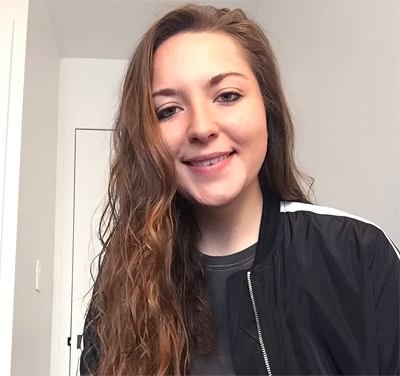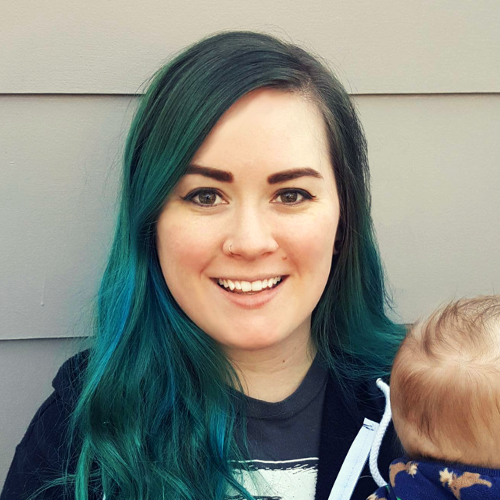Podcasting can be tricky. Sure, you need the equipment and idea for a podcast. But, there are a lot of other things that you should consider in order to make the best podcast possible. Some things may seem more obvious than others though, so we've compiled a list of tips for some of the most important, but often overlooked aspects of podcasting.
13. Have a Plan and System.
Create a launch plan, checklists, schedules, templates, a professional email, development plans (branding, goals, etc.), and anything else that you need to turn podcasting into an easy, enjoyable process. You don't want to be constantly bogged down by the work of the podcast, so make it as simple as possible for yourself.
12. Create a Structure for Your Podcast.
Establish a structure for your podcast and stick with it. Say your name and the podcast name at the beginning, announce new segments and recurring segments, stick to one episode length, create an intro and outro, and set upload days. Experimentation is totally natural and important, but structure has to remain largely intact for your audience.
11. Demonstrate Showmanship.
Speak with confidence, visualize your audience in order to be conversational, be authentically you, and focus on your podcast when recording. Your podcast is your place to speak your knowledge and to show off your personality.
10. Edit Yourself.
Prepare before recording, including any research, writing scripts, outlines, or notes. Rehearse and minimize any fluff when speaking. Create a podcast etiquette checklist to reference each podcast, so you can ensure that you are following all of the best practices for podcasting. Edit yourself beforehand and only edit what is truly needed after recording. To make editing easier, write down the timestamps where editing is necessary. Re-record if need be because over-editing after recording can ruin authenticity. And, mistakes and background noise are natural, so don't get carried away with editing the background of your podcast.
9. Build Relationships with Your Community.
Engage on social media with your listeners, other podcasters, and other people within your niche. Your community is vital to your podcast, so take the time to build the relationships.
8. Always Look for Inspiration.
Put unique twists on topics you've heard in the news, other podcasts, videos, etc. Bring a paper and pen around with you or use your phone to jot down ideas. Inspiration comes in a variety of ways and at different times, so be ready at all times.
7. Prepare Yourself and Your Environment for Podcasting Beforehand.
Before recording, use chapstick, drink water (and not soda, beer, or milk), deal with any fidgeting habits that you may have, and visit the restroom. As for your environment, take care of your pets, turn off any fans and other noisy objects, make sure no computer updates will interfere, turn off phones and other electronic devices, and ensure that no deliveries or people interfere with recording.
6. Use All Feedback.
Whether negative or positive, use all feedback to better your podcast. Don't get caught up in any single comment, take each piece of feedback as an opportunity to improve.
5. Ask for Your Listeners' Engagement.
Ask your listeners to subscribe, write reviews, and engage on social media. Direct them to your website whenever possible. You can't expect them to engage on their own, so ask them to do what you would like them to do.
4. Check Your Sound Levels.
Monitor your sound levels when recording and ensure that you are staying in the green and yellow, but never the red! You want to get as close to the red as possible without going into the red. You can always go back and increase the levels later on, but if you are hitting the red too much, then your sound will be distorted. Do some test runs before recording to set your levels, but always monitor your levels in case you lose any consistency when speaking or in case your mic picks up any weird noises.
3. Be Careful With Your Mic.
Ensure that you are close to the mic at all times when you record and turn down the gain. A good way to ensure that you are consistently close to the mic is to have the tip of your nose or your lips touching the pop filter or windscreen at all times. This way, the audio will be consistent throughout the recording. Also, speak into the mic clearly and loudly enough to get the right sound.
2. Listen to Your Podcast.
Put yourself in your audience's shoes and listen to your podcast. Listening to it will help you fine tune your podcast. Listen with earbuds that your audience would likely use to check the sound quality. If you aren't engaging, if a topic falls flat, or if any other issue comes up, you will notice when listening and can then make future adjustments when you are recording.
And...
1. Have Fun!
Podcast your passion. If you enjoy making your podcast, then others will enjoy listening to it.
Whether you are just starting out podcasting or you've been podcasting for awhile, these tips can help you create the best podcast possible. So, these tips may be new information or just reminders, but either way, we hope they will be helpful with your podcasting journey. Happy podcasting!
If you are looking for information on starting your podcast, check out our How to Start a Profitable Podcast article. Also, check out all of our podcast information here.
Interested in podcasting with Live365? Join our waitlist to be the first to be notified when podcasting is available on the Live365 platform.
Discover thousands of free stations from every genre of music and talk at Live365.com. Keep up with the latest news by following us on Facebook (Live365 (Official) and Live365 Broadcasting) and Twitter (@Live365 and @Broadcast365)!
Article Image: A person with headphones on in front of a computer. (Simon Abrams via Unsplash.)


